Introduction To Some Common Sustainable Fabrics
Published On: April 15, 2024 By: ray herb
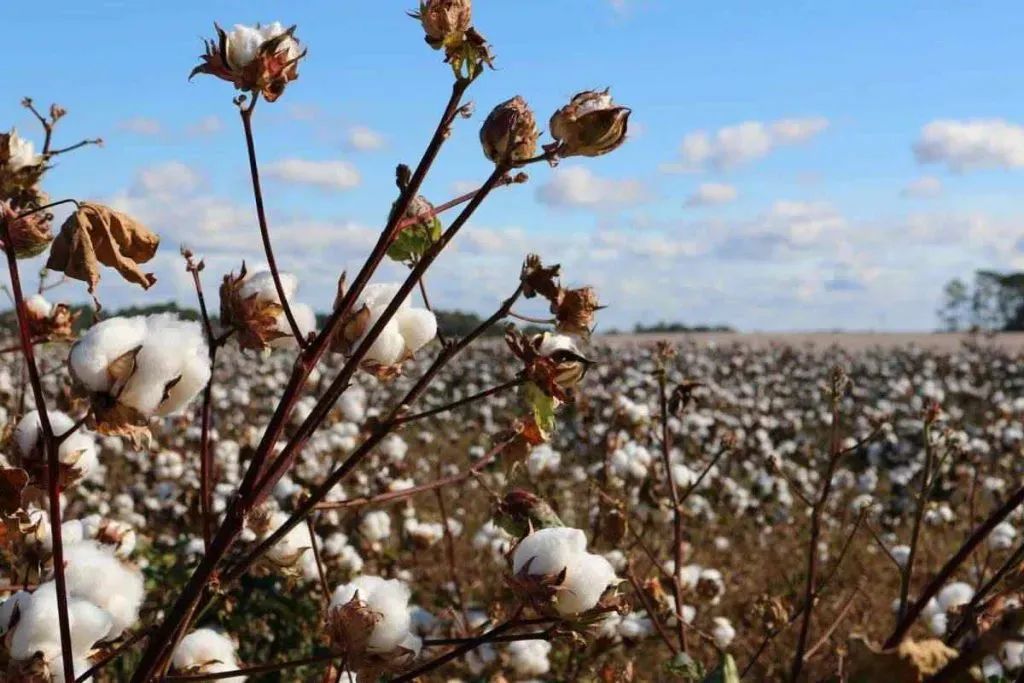
With growing calls for environmental protection worldwide and sustainable fabrics on the rise, people may feel overwhelmed with choices; perhaps not knowing which T-shirt would best meet their needs or wanting something specific?

Sustainable fashion not only prioritizes environmental considerations, but it encompasses multiple facets such as ethical business practices, transparent supply chains, impact reduction policies and feedback programs as well as sustainable materials.
Fashion industry pollution can have serious negative repercussions for environmental wellbeing and its fabric materials contribute directly to issues like consumption, microplastic pollution, greenhouse gas emissions, soil degradation, rainforest destruction and landfill. Here are some popular sustainable fabrics.
Sustainable natural and plant-based fabrics
Organic cotton
Organic cotton is one of the world’s most ecological fabrics. Compared with conventional cultivation methods, its production does not use pesticides or synthetic fertilizers during its growth process, nor any chemical addition during processing. At an ecological level, organic cotton cultivation uses 62% less energy and 88% less water than its conventional counterpart. Certification shows that these cotton crops were grown without using chemical pesticides or processing agents that can threaten environmental protection – meaning clothing made of organic cotton helps both our health and environment! So opting for clothes made of this fabric could protect both aspects of health while saving the world at the same time!

Organic clothing brands use this fabric in almost all aspects of clothing such as underwear, mattress covers, maternity apparel and baby wear – even some casual apparel items!
Recycled Cotton
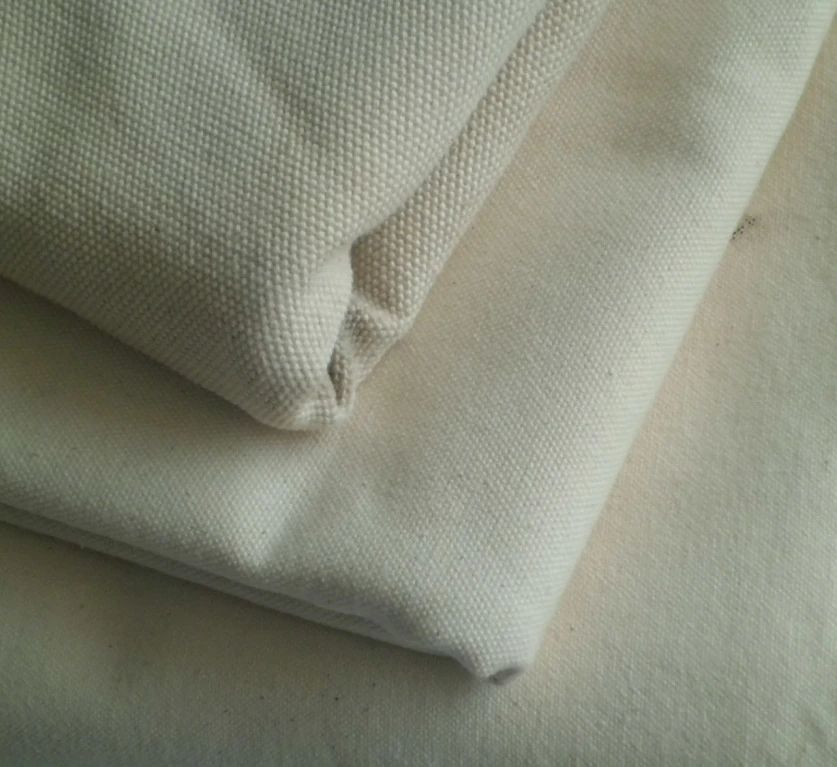
Recycled cotton is an environmentally-friendly fiber material created using industrial or consumer waste, often recycled from textile industry waste streams. Slow fashion brands such as Everlane have begun using recycled cotton products in their clothing products – meaning your favorite cotton underwear or sustainable jeans might contain recycled materials from industrial waste, giving new life and value to discarded materials and contributing towards sustainability goals in society. Therefore, we should actively support and advocate the use of recycled cotton, and work together towards contributing towards our planet’s environment and future sustainability goals together!
Organic Cannabis
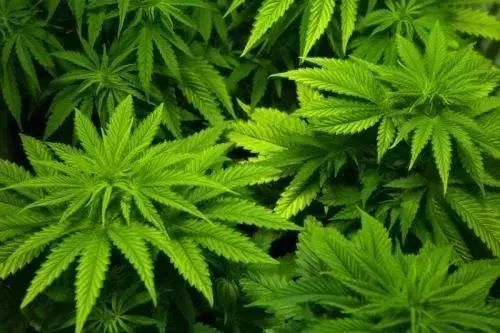
Linen fabric stands out among sustainable organic fabrics as being highly eco-friendly, boasting both high production rates and soil enrichment benefits, less water requirements compared to cotton production, carbon neutral properties (absorbing CO2) from the atmosphere and natural sun protection and antibacterial qualities that help promote better skin care compared to cotton production. Because growing linen requires greater difficulty than most sustainable organic fabrics – yet more benefits come along with its purchase such as sun protection or antibacterial qualities than cotton does; making choosing linen products the wiser option when considering environmental, health or fashion factors simultaneously!
Organic flax
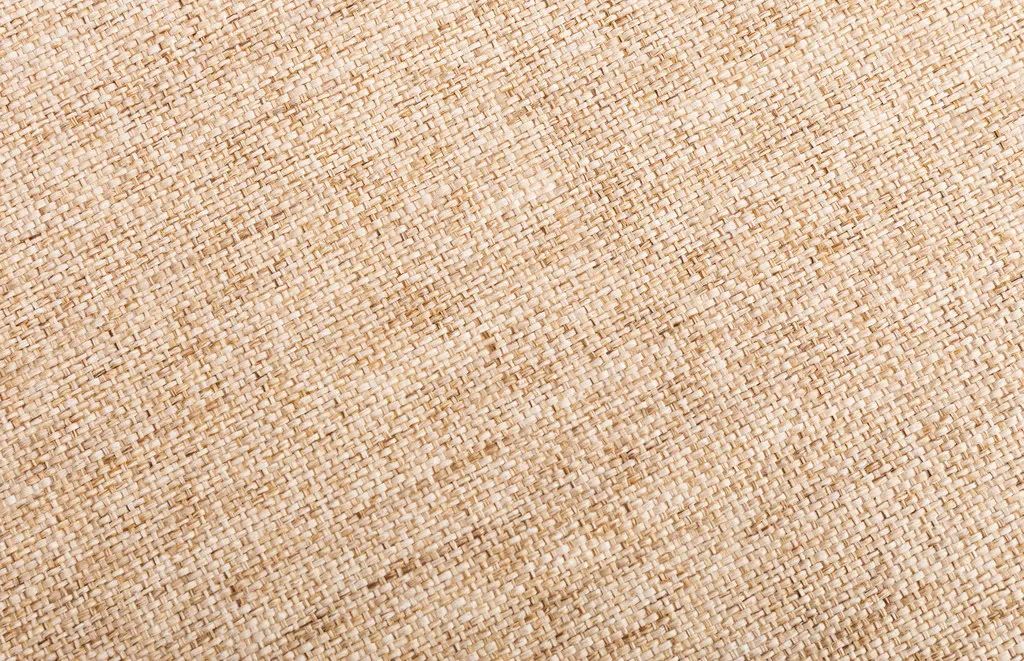
Linen is almost comparable to cannabis in terms of sustainability; both produce ultralight fabric that’s both breathable and ultra lightweight – the difference being it comes from flax plants rather than cannabis and requires far fewer fertilizers, pesticides and irrigation requirements; though unlike cannabis its yield is significantly smaller.
However, linen remains widely popular as both clothing and bed sheets made from the fabric are readily available – which demonstrates why linen remains one of the most desired textile choices today.
Organic bamboo (bamboo hemp)
Harvesting bamboo without killing it allows for rapid renewal, making this fast-growing plant amongst some of the fastest-renewable ones on Earth. Like cannabis, bamboo consumes more carbon dioxide than some trees while not needing large investments – in fact it survives solely off rainfall!

Organic bamboo fabrics may become some of the most eco-friendly fabrics on the market; however, this doesn’t always hold true. Processing may involve chemical intensive processes with potential harmful side effects; mechanical processing provides more eco-friendly approaches but accounts for only a portion of market sales.
Cork cloth
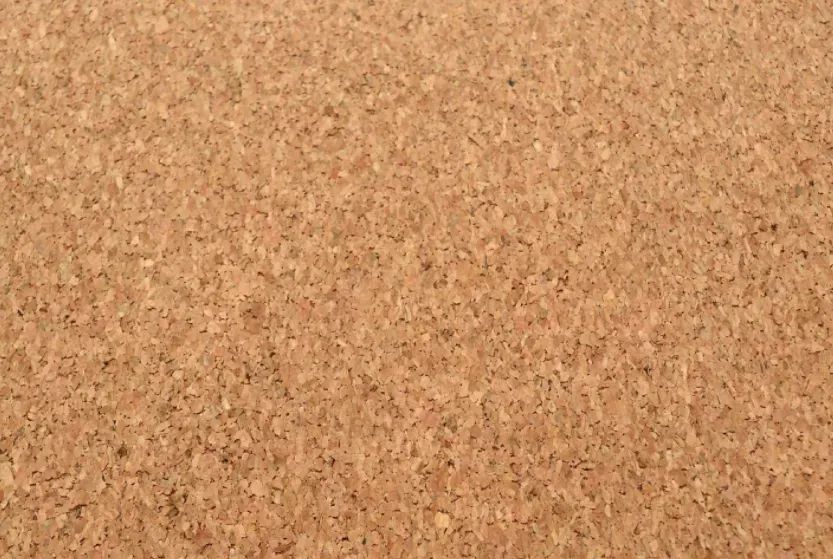
Cork cloth has quickly transitioned beyond boards and bottles in our cultural conception, to become part of everyday clothing. Cork oak trees provide ample materials that are harvested as cork for harvesting this fabric by scraping off their bark.
Cork oak trees consume more carbon dioxide than most types of trees when their bark regrows; thus making cork plantations act as carbon sinks. Once harvested, cork can be dried out in direct sunlight before being transformed into fashionable products using only water as the only ingredient required to process and transform into new fashion items.
Sustainable Synthetic Fabrics
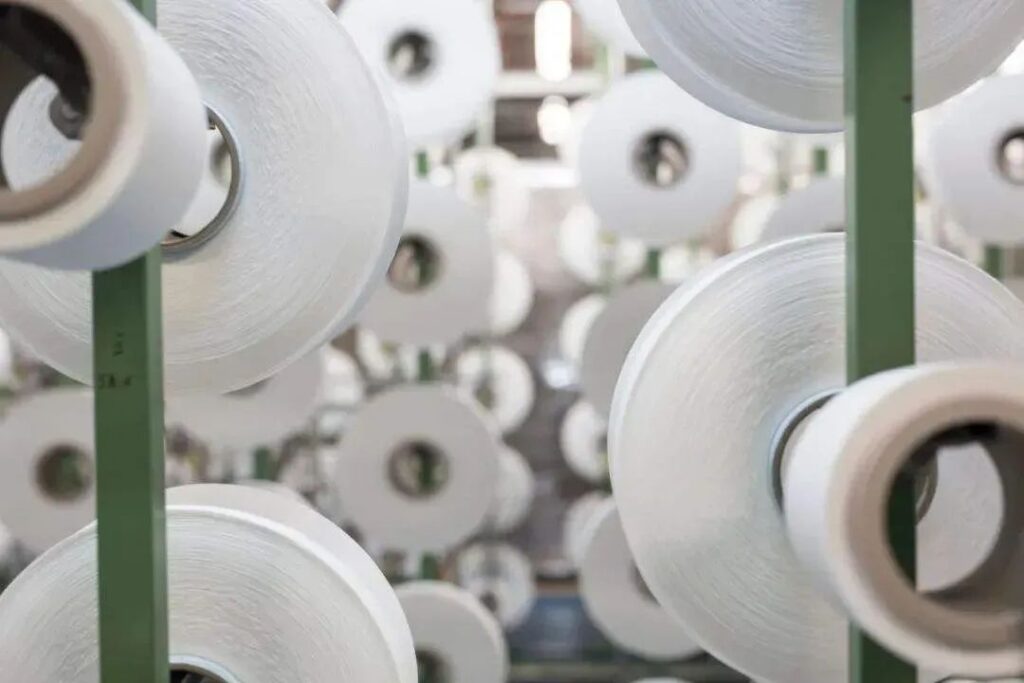
EcoNylon (ECONYL) is a type of recycled nylon made up of new nylon fabrics synthesized from ocean plastic waste, abandoned fishing nets and worn-out fabrics collected in closed loop systems that use less water for production. Although its feel remains identical to conventional nylon yarn, production requires significantly less freshwater consumption for manufacture of this fabric.
Recycling Polyester
Recycling polyester (RPET) can help protect our environment while giving landfilled plastic bags, bottles and textiles new lives. There have been various efforts undertaken by brands that recycle this fabric to give landfilled materials new purposeful use in making textile products such as apparel or other useful goods.
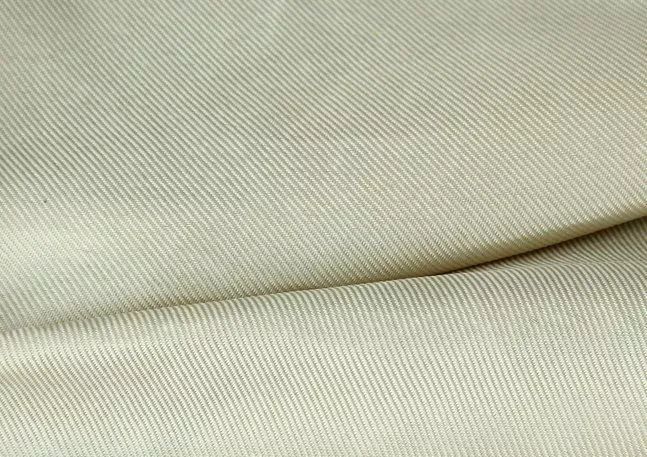
Recycled polyester is an economical, eco-friendly material used in various products from sportswear and sustainable garments to thick and fluffy sustainable goods. Recycling allows it to take on various functions without altering its intrinsic qualities – and recycled polyester recycling offers another avenue. It can provide lightweight elastic sportswear as well as thick fluffy sustainable goods.
